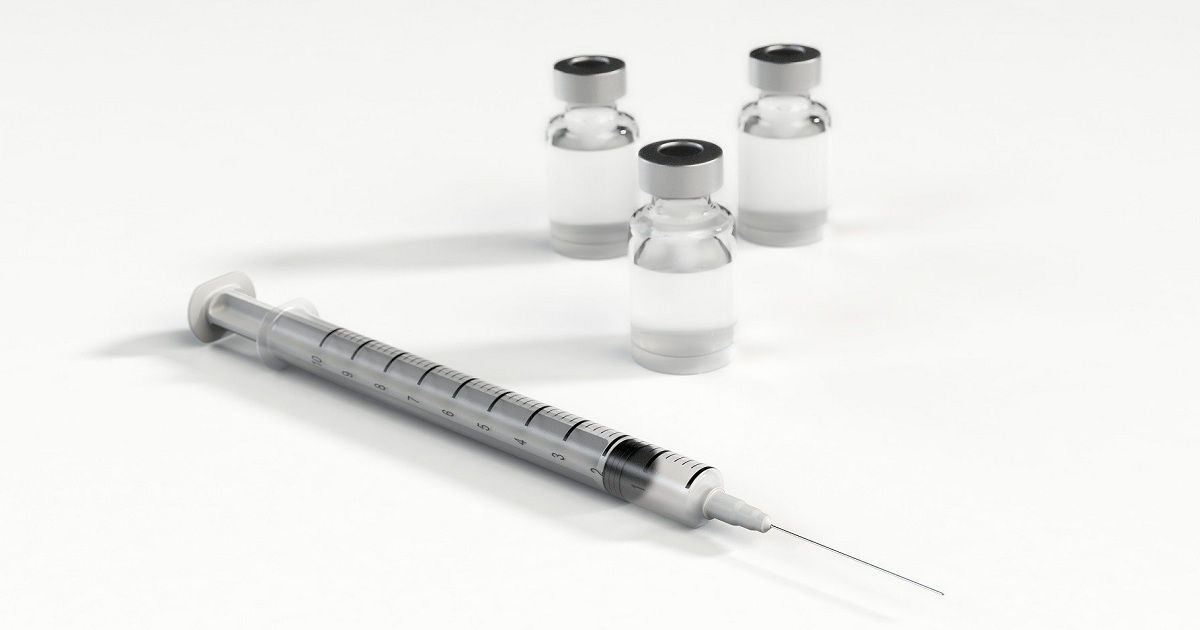Toward vaccination against the chikungunya virus
Medical Xpress | December 21, 2018

A live vaccine genetically engineered from a common measles vaccine promises to be effective against the chikungunya virus. Such is the central finding of a recently completed Phase II trial now published in the prestigious journal The Lancet. Two MedUni Vienna departments were also involved in the study: the Institute of Specific Prophylaxis and Tropical Medicine headed up by Ursula Wiedermann-Schmidt and the Department of Clinical Pharmacology with the working group led by Christa Firbas, plus a research group from Med Uni Graz (Eckehard Beubler). The study was led by the University of Rostock together with Viennese biotech firm Themis Bioscience GmbH.
Just two injections are enough to provide immunity, regardless of whether these are given at an interval of one or six months – in both cases, the new vaccine, based on a modified measles virus, proved to be effective and safe. The vaccine is injected into the muscle and triggers the production of antibodies in the lymphatic system. If the person is infected with the chikungunya virus, these antibodies are ready to neutralize the virus so that the disease does not take hold. "The results of the Phase II trial with 263 volunteers are really very promising in terms of immunogenicity, safety, and tolerability of the vaccine," says Wiedermann-Schmidt. The vaccine is a live vaccine based on the measles virus vaccinal strain, which has been genetically modified to express the surface proteins of chikungunya. Neutralizing antibodies are formed after a single vaccination. An additional bonus of this vaccine is that pre-existing immunity to measles does not compromise the efficacy of the vaccine; on the contrary, it increases/boosts the protective substances/antibodies against measles.